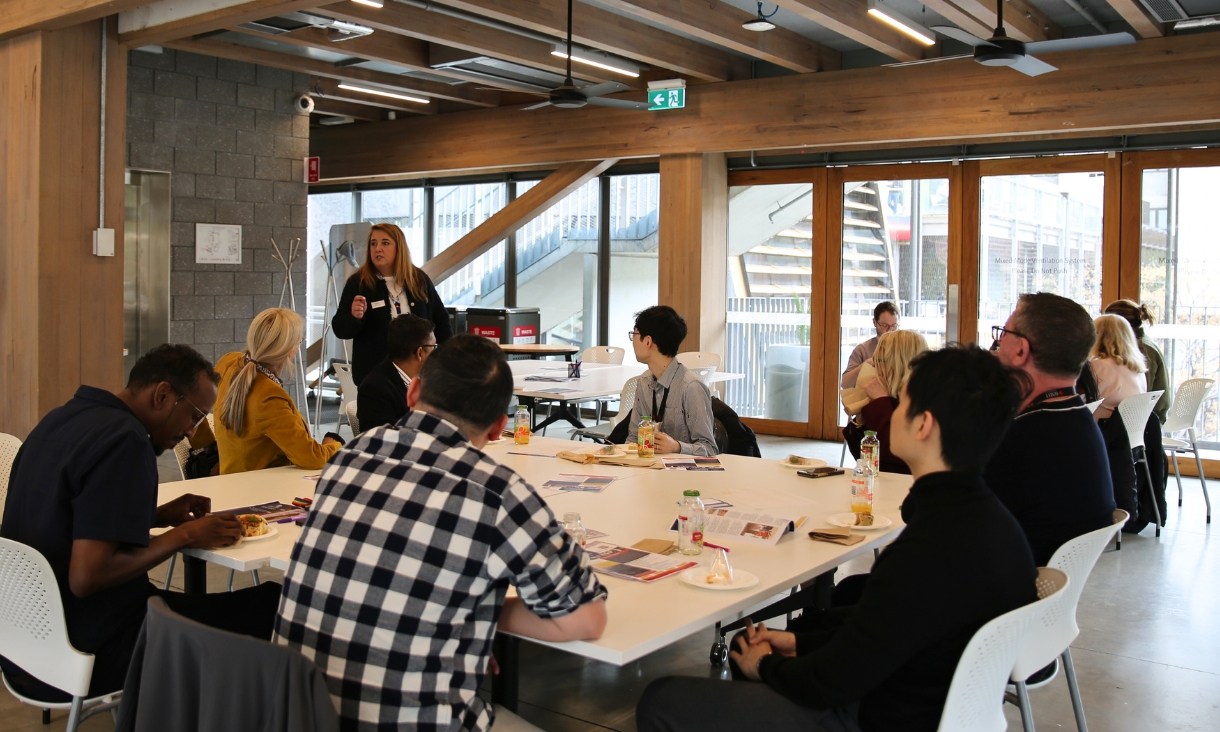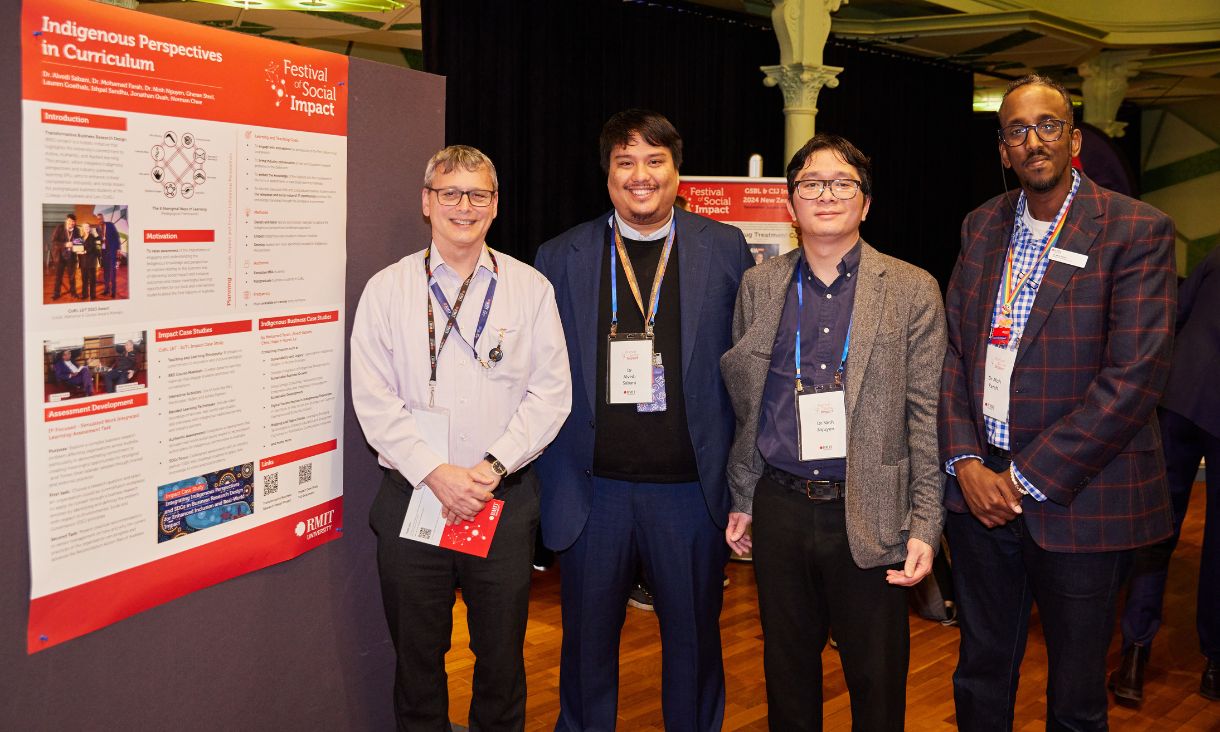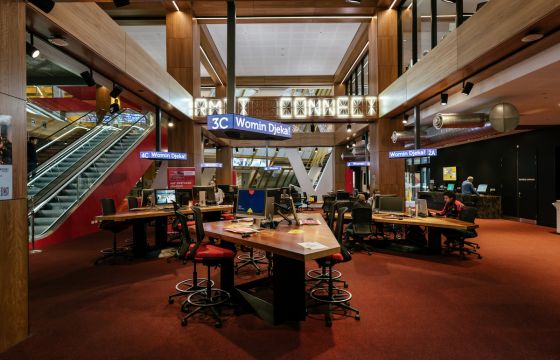MF6M renewed their commitment to ‘project-based learning’, a student-centred and signature design pedagogy in which students learn by actively engaging in real-world and personally meaningful projects. This method is not just suitable for the times, but for the individual development of a student who wishes to become a designer upon graduation. This encapsulates the approach independent design schools have kept alive: supporting students to become robust creative practitioners.
The face-to-face classroom was transformed into a studio / an office becoming more amenable to collaboration and inducing the creative practitioner in students.
This created a playground for peer-to-peer learning that allowed for risk taking and the embrace of failure as a crucial component of skatepark-learning, where permission to play enabled the collective acknowledgment of the unique expertise of individual students.
In privileging teamwork (cave) we emphasize that the team members contribute to the growth and progress of the other students (commons) thus setting up the binary of the socialisation best captured in the Cave:Commons binary.
Program structure
The key element of MF6M was in the way it acknowledged the fact that students enter the contemporary university with very advanced and diverse skills.
The student body thus constitutes a hungry individual, but also an ecology of capabilities, that can be [coupled] to produce some very effective design teams.
By incorporating a pedagogical approach that privileges students’ prior learning, we are therefore open to the ways of the doing or the ‘practising’ of design.
This ecology was fostered by placing students in teams comprising of precise roles and responsibilities like those to be found in a start-up founders’ team: leadership (CEO), technology (CTO), and design (CDO).
Activities
Over the year, students, working in these groups, developed experience through working on six intensive projects addressing challenges. This, like sport and outdoor-education, utilised accelerated spurts of intense project work, followed by reflection and peer assessment.
Students in later years have pined for the rush of enthusiasm they experienced in their first year, in the MF6M defined program.
Regular presentation of work was required to support students to find their voice, constructively critique peers and listen to feedback about their own work.
At the conclusion of each project, students also served on panels comprising industry representatives and academic staff.
We designed this activity to simulate professional practice and encourage collaboration between students, thus enhancing engagement and rapid capability acquisition.
Assessments
Assessments were socialised and handed over to the students as a way to support learning. This included self-assessment and reflection, peer feedback and development of rubrics. This was crucial in developing self-efficacy and confidence in their work as future designers and reducing the anxieties associated with power dynamics in the classroom.
The teacher's role was reimagined in this project, as that of providing support and guidance, and benchmarking of standards and expectations early in the course, and oversight of the fairness and integrity of peer-to-peer and self-assessment through moderation.
The team believes it is vital that students have a strong awareness of standards and expectations as they engage in their learning.
This student-led approach is a result of the belief that teacher suspicion of students is a key factor in hindering their ability to adopt more progressive peer-to-peer ways of high energy learning.
In this way, the teacher adopts the role of the “midwife-teacher” – akin to the midwife being a resource who is present at the miraculous point where the learner recognises and gives birth to their own knowing and being (Weimer 2013). And when the learner struggles, the teacher has strategies to help the learner breakthrough to understanding.
For students to see assessments as a quality improvement tool, the team developed the 5+5 model – five commendations and five recommendations – for peer assessment practice.
Training sessional teachers
While it is possible to imagine the student as central to the project, it is easy to forget that the teacher is a crucial component of MF6M as the conduit of pedagogical innovations arriving in the classroom. It was crucial to reinform their teaching practices to achieve the vision for MF6M: to be a place for progressive pedagogy.
Broadly speaking, sessional instructors in the Industrial Design Program are generally made up of subject matter experts and industry professionals who had never taught in this way, do not hold a teaching qualification, and in the absence of specific instruction, generally default to teaching methods that are informed by how they were taught when they were students.
This we said was no longer okay, and that we would have to work collaboratively with the whole project team to explicitly implement the progressive pedagogical practices of this project.
Over the course of five years, MF6M served as an academy for training teachers in contemporary exemplars of best practice and concurrently coached each individual instructor as they navigated to reach a place of conviction, and to recognise that this is indeed a space for progressive learning and teaching approaches.
The team ensured that their teachers can dynamically shift and align with whatever learning and teaching context best suits or is available to the broad application of students’ needs to best leverage available resources.
This was essential as the diverse nature of projects, classrooms, and associated modes of delivery can vary every semester.
This cemented that the RMIT Industrial Design program is a place for progressive pedagogy.
Sources
Weimer M (2013) Leaner-centred teaching: five key changes to practice, John Wiley & Sons, Somerset.
Story by Khanya Sibeko, Communications Coordinator with contributions from the MF6M team.








